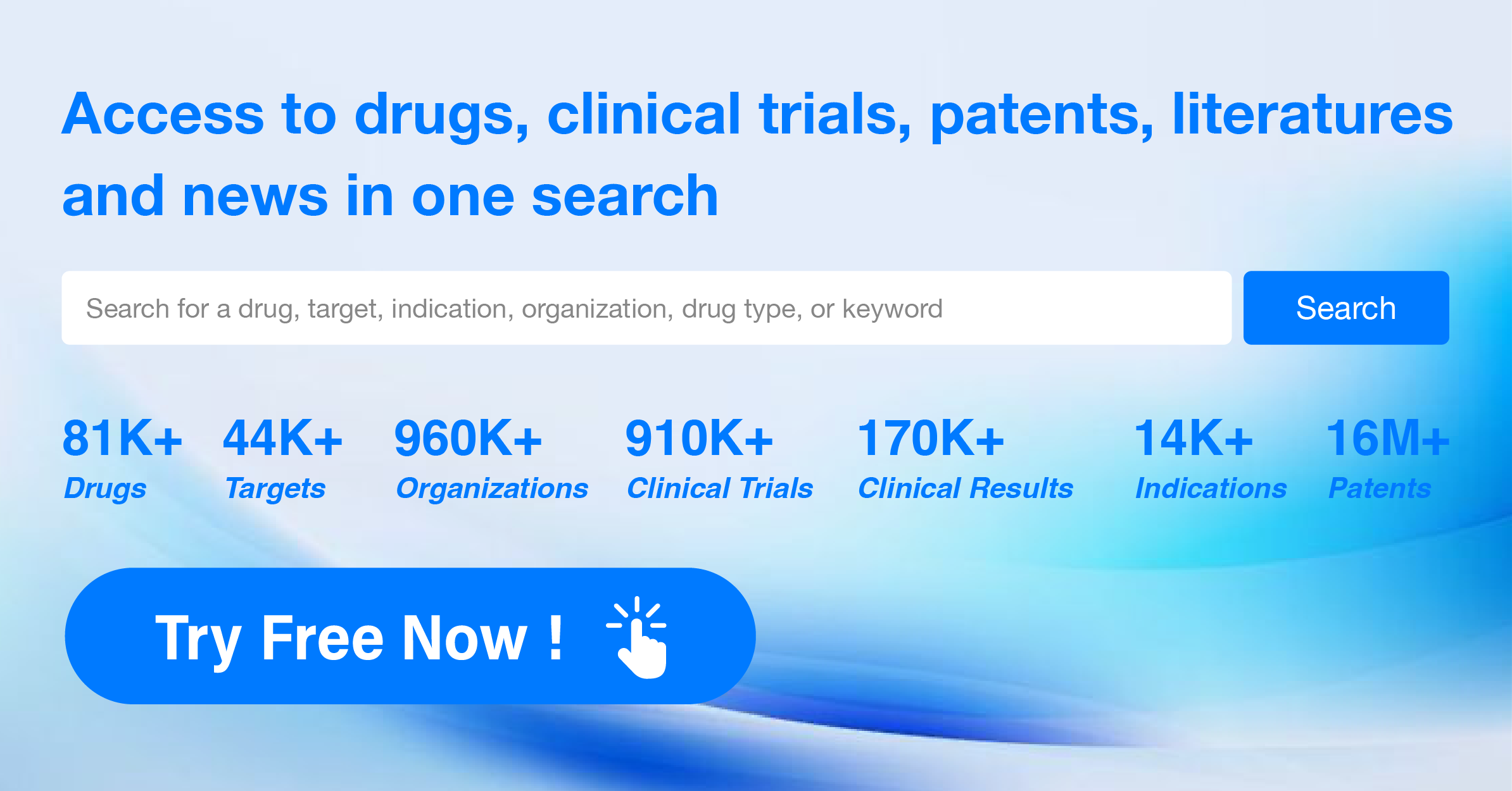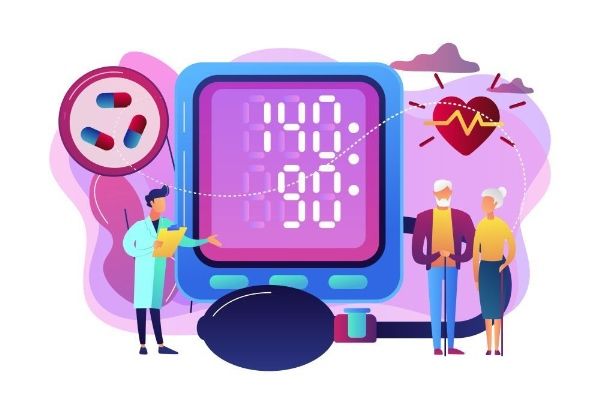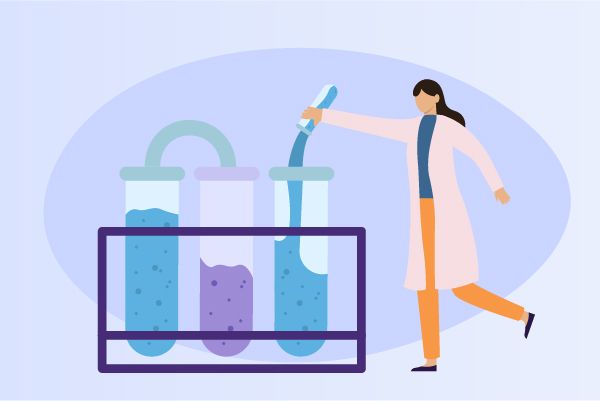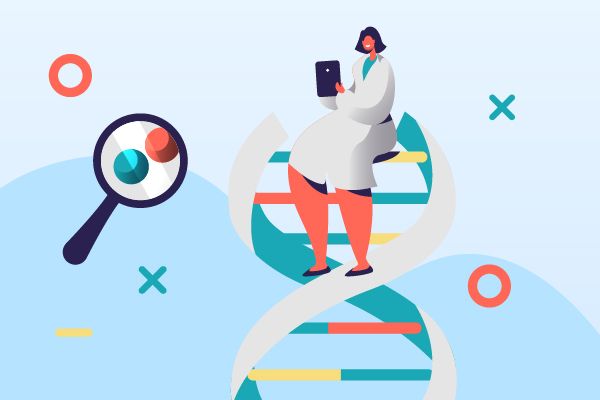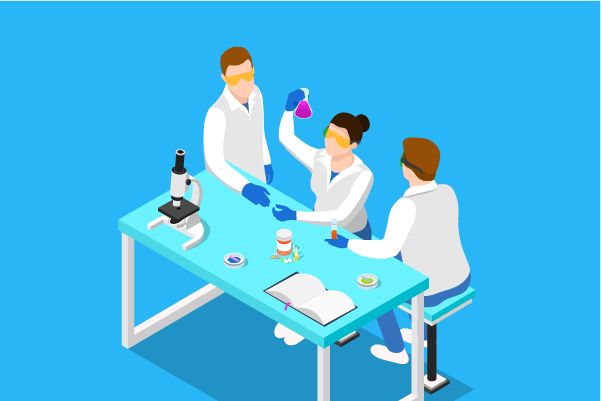What is the meaning of over-the-counter(OTC) drugs?
Over-the-counter (OTC) drugs are medications that can be purchased and used without a prescription from a healthcare provider. These drugs are typically used for the self-treatment of common and minor ailments, such as colds, headaches, indigestion, and allergies. The OTC classification indicates that the medication is considered safe and effective for consumer use without the need for professional medical supervision.
Key points about OTC drugs include:
1.Accessibility: OTC drugs are widely available at pharmacies, supermarkets, and online retailers, making them easily accessible to the general public.
2.Safety: These medications have undergone regulatory review and are deemed safe for use when following the instructions on the label. They have a low risk of serious side effects or interactions when used as directed.
3.Labeling: OTC drug packaging and labels provide clear usage instructions, including recommended dosages, active ingredients, indications, warnings, and potential side effects.
4.Regulation: OTC drugs are regulated by agencies such as the U.S. Food and Drug Administration (FDA) or the European Medicines Agency (EMA) to ensure their safety and efficacy for non-prescription use.
5.Cost: Since OTC drugs do not require a doctor's visit or prescription, they are often more cost-effective for consumers compared to prescription medications.
6.Self-Care: The use of OTC drugs supports self-care and empowers individuals to manage their own health for minor conditions without needing to consult a healthcare provider.
It's important to note that while OTC drugs are generally safe when used appropriately, they should still be used with caution. Consumers should read labels carefully, avoid using expired products, and be aware of potential interactions with other medications they may be taking. If symptoms persist or worsen, it's advisable to consult a healthcare provider.
